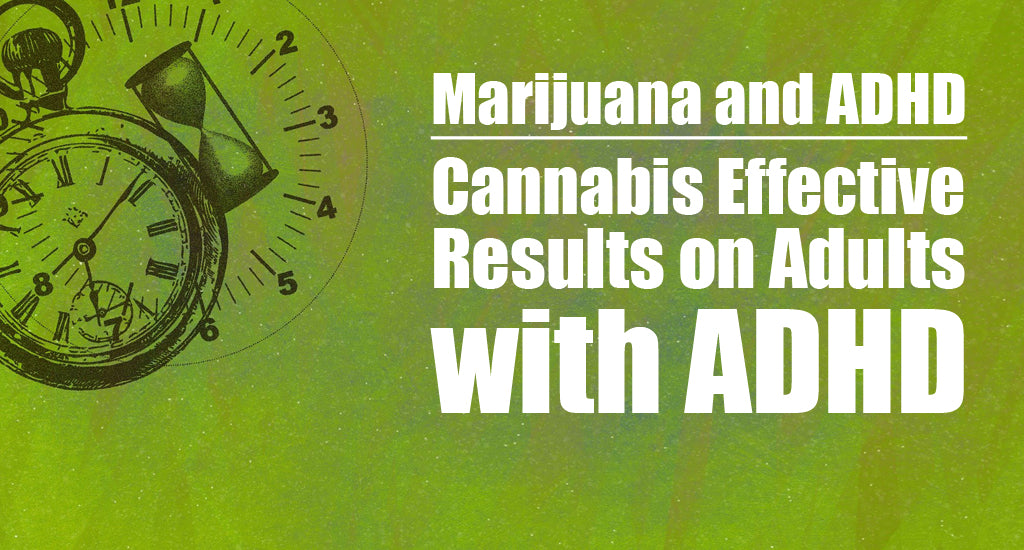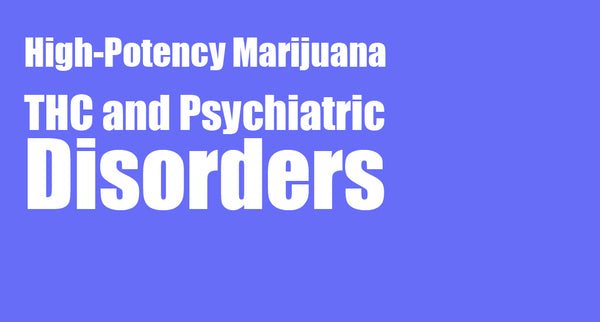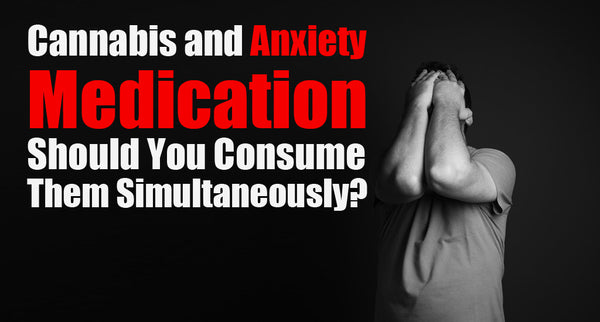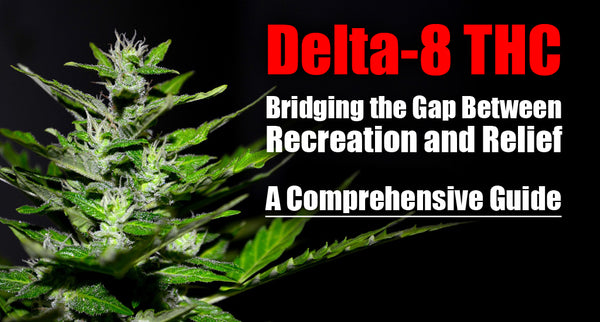
Marijuana and ADHD: Cannabis Effective Results on Adults with ADHD
ADHD is a prevalent neurobehavioral disorder characterized by varying levels of hyperactivity and impulsive behavior. Those affected often experience greater fluctuations in energy and concentration than is typical. This can impact daily life and long-term success.
Remarkably, the disorder is frequently diagnosed in children and persists into adulthood. Its prevalence is about 11% among school-aged children and 4.4% in adults.
ADHD Symptoms
-
Predominantly Inattentive: This subtype involves difficulty regulating attention. Symptoms may include distractibility from noise or visuals, a tendency towards boredom, forgetfulness, task disorganization, challenges in maintaining focus, and frequently misplacing items.
-
Predominantly Hyperactive/Impulsive: This form of ADHD is primarily marked by impulsive and hyperactive behaviors. Associated symptoms include restlessness, loud or disruptive behavior, excessive talking, difficulty staying still, and a sense of constant movement.
-
Combined Type (ADHD-C): This classification is for individuals exhibiting both inattentive and hyperactive/impulsive symptoms.
ADHD and Cannabis
There is evidence suggesting that individuals with ADHD may be more likely to use marijuana than those without the disorder. However, the relationship between ADHD and marijuana use is complex and not fully understood.
Some individuals with ADHD might use marijuana to self-medicate, attempting to alleviate symptoms like impulsivity, inattention, and hyperactivity. The effectiveness of marijuana as an ADHD treatment is not well-researched, and its use for this purpose is not approved by the FDA.
Furthermore, marijuana can negatively affect cognitive function and might worsen some ADHD symptoms, such as memory and attention difficulties. It can also interfere with ADHD medications..
A study shows...
A study conducted in Berlin, Germany, involving 30 adult patients with treatment-resistant ADHD showed potential improvements with various cannabis flowers, noting enhanced concentration, better sleep, and reduced impulsivity.
These patients, between 2012 and 2014, were given access to cannabis. While eight continued using ADHD medications alongside cannabis, 22 managed with only cannabis.
Tips and Tricks for Using Marijuana to Assist with ADHD Symptoms
-
Start with Low Dosage: Begin with a low dose to gauge your body's reaction. Gradually increase the dosage as needed, but always stay within recommended limits.
-
Choose the Right Strain: Indica, Sativa, and hybrid strains can have different effects. Indica is typically more relaxing, while Sativa can be more energizing. Hybrids offer a balance. Research or consult with a dispensary to find a strain that might suit your ADHD symptoms.
-
Monitor Strain Effectiveness: Pay attention to how different strains affect your ADHD symptoms. Keep a journal to note which strains help with focus, impulsivity, hyperactivity, and other symptoms.
-
Opt for CBD-Dominant Strains: CBD (Cannabidiol) is known for its calming effects and doesn't produce the "high" associated with THC. CBD-dominant strains might be more beneficial for managing ADHD symptoms.
-
Use During Non-Critical Times: Initially use marijuana during times when productivity and critical thinking are not required. This helps you understand its effects without impacting your daily responsibilities.
-
Avoid Smoking: Consider alternative methods like edibles, tinctures, or vaporizers. Smoking can harm lung health and may not be suitable for everyone
Related article: 9 Reasons Why Dry Herb Vaping Cannabis Is Better than Smoking It
-
Balance with Healthy Lifestyle Choices: Combine marijuana use with other healthy lifestyle choices like regular exercise, a balanced diet, and sufficient sleep.
-
Legal and Safety Considerations: Always use marijuana responsibly and within the legal framework of your area. Do not operate vehicles or heavy machinery while under the influence.
-
Regular Re-evaluations: Periodically re-evaluate the effectiveness of marijuana for your ADHD symptoms and adjust usage as necessary.
Remember, the effectiveness of marijuana for ADHD varies greatly among individuals, and what works for one person may not work for another. Always prioritize safety and legal considerations.
Conclusion
Individuals with ADHD contemplating marijuana use must approach this decision with caution. It is essential to consult healthcare professionals to understand the implications and potential interactions with existing treatments.
While some may consider marijuana for symptom relief, its effectiveness and safety for ADHD are not well-established. Additionally, the legal landscape regarding marijuana varies significantly.
In many regions, recreational use remains illegal, and even medicinal use can have legal implications. Therefore, understanding local laws is crucial to avoid legal consequences.
Moreover, self-medicating with marijuana without professional guidance can lead to unintended side effects and may interfere with conventional ADHD treatments. Thus, it's important for those with ADHD to seek informed medical advice and adhere to legal guidelines when considering marijuana as part of their treatment strategy.



